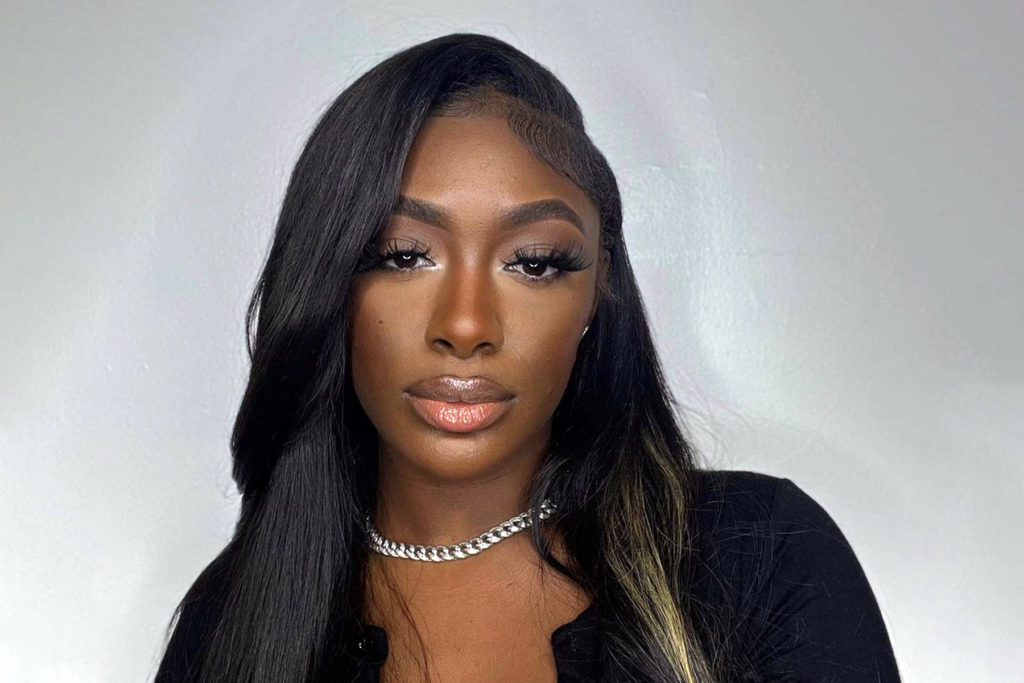
In 2021, 23-year-old Lauren Smith-Fields died in her Connecticut apartment in December after a date with a man she had met on Bumble. More than a month later, the police opened a criminal investigation. After one confusing story after another, what happened that night, as well as her cause of death is still unclear. The mother of Lauren Smith-Fields recently announced that she is suing the city of Bridgeport, Connecticut, alleging her daughter was denied a detailed investigation. As if being a Black woman isn’t already a difficult feat, new research shows that Black women, like Smith-Fields, are under attack – especially if she is in or seeking a relationship.
Black women are four times more likely to be murdered by their lover than white women, according to a Bureau of Justice Statistics report. More research by the Violence Policy Center found similar unfortunate statistics – Black women were murdered at more than twice the rate of white women.
RELATED: Beyond Skin Deep: What You Must Know About Intimate Partner Violence
Fifty-seven percent of those killings were done by, again, their partners.
“African Americans are disproportionately low income, and statistically, folks who live in low-income environments show higher rates for domestic violence,” expert Oliver Williams, co-director of the Institute on Domestic Violence in the African American Community, told The Trace.
Many instances of murder by domestic partners begin with abusive or violent relationships. It’s important to recognize the signs of abuse and make a plan to escape safely before the relationship claims another life.
Here are some things to look for to recognize abuse in your relationship:
Blaming others
Your significant other takes his anger out on you – but instead of blaming himself for his rage, he blames others. If he refuses to take responsibility for his actions, it’s likely that he’s not going to change for the better anytime soon.
Minimizes abuse
Your significant other hits you but denies how badly they hurt you every time. It’s never a big deal, or it’s just a little scratch. This is another sign that they're not going to stop hurting you anytime soon.
RELATED: How Your Doctor Can Help Address Intimate Partner Violence
Wants sympathy
Your significant other needs people on his side, rooting for him to change, so you feel guilty for thinking about leaving him. This is abuse. As long as your significant other can keep you, your children, and your family believing in the relationship, despite the violence, he knows that he doesn’t have to change.
If you’re experiencing any of these signs of domestic abuse, talk to a relative or close friend about what’s going on in your home, and don’t hesitate to seek professional help. Assistance is available via the National Domestic Violence Hotline at 1-800-799-SAFE (7233) or visit thehotline.org.









